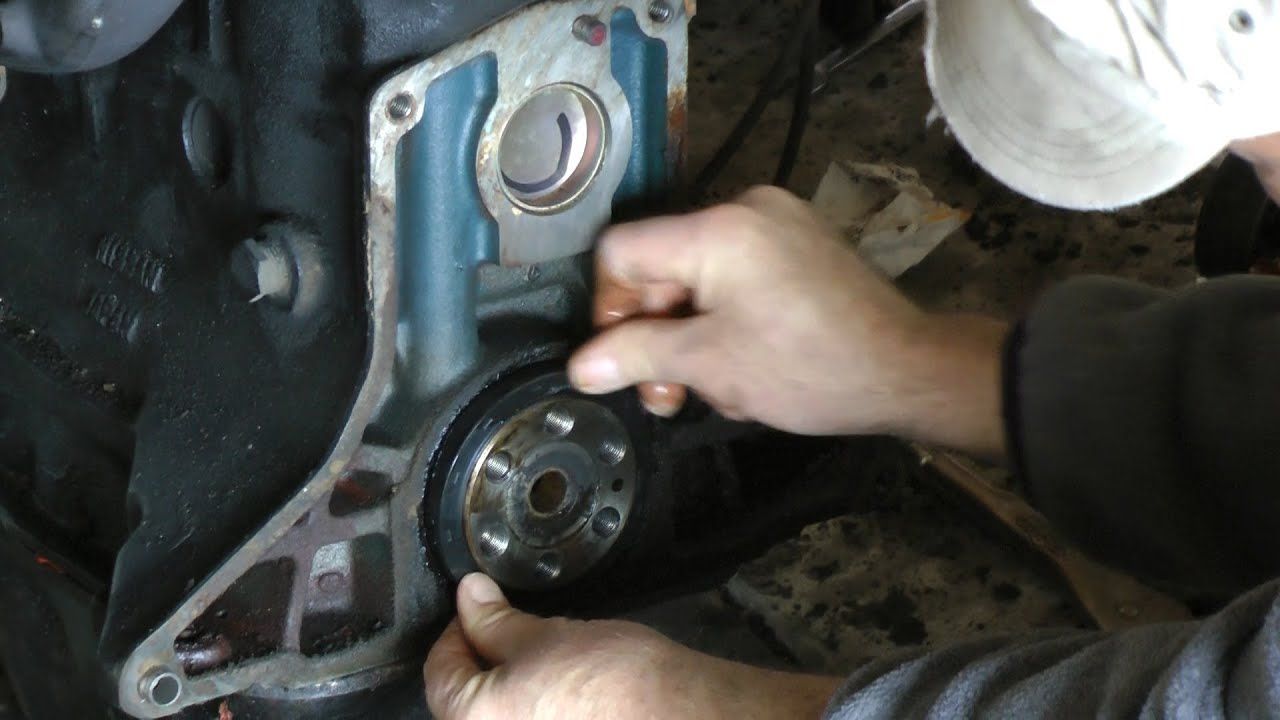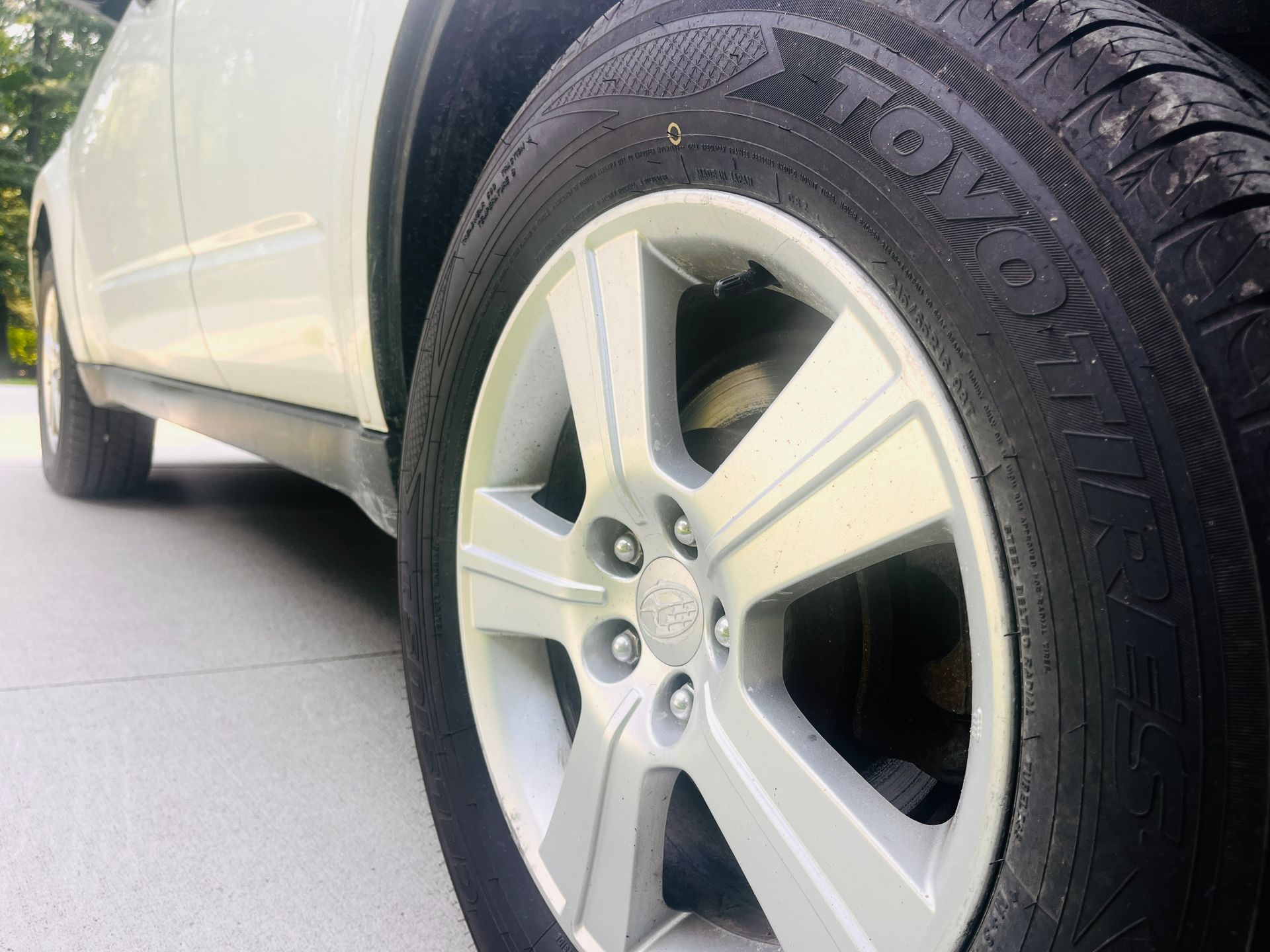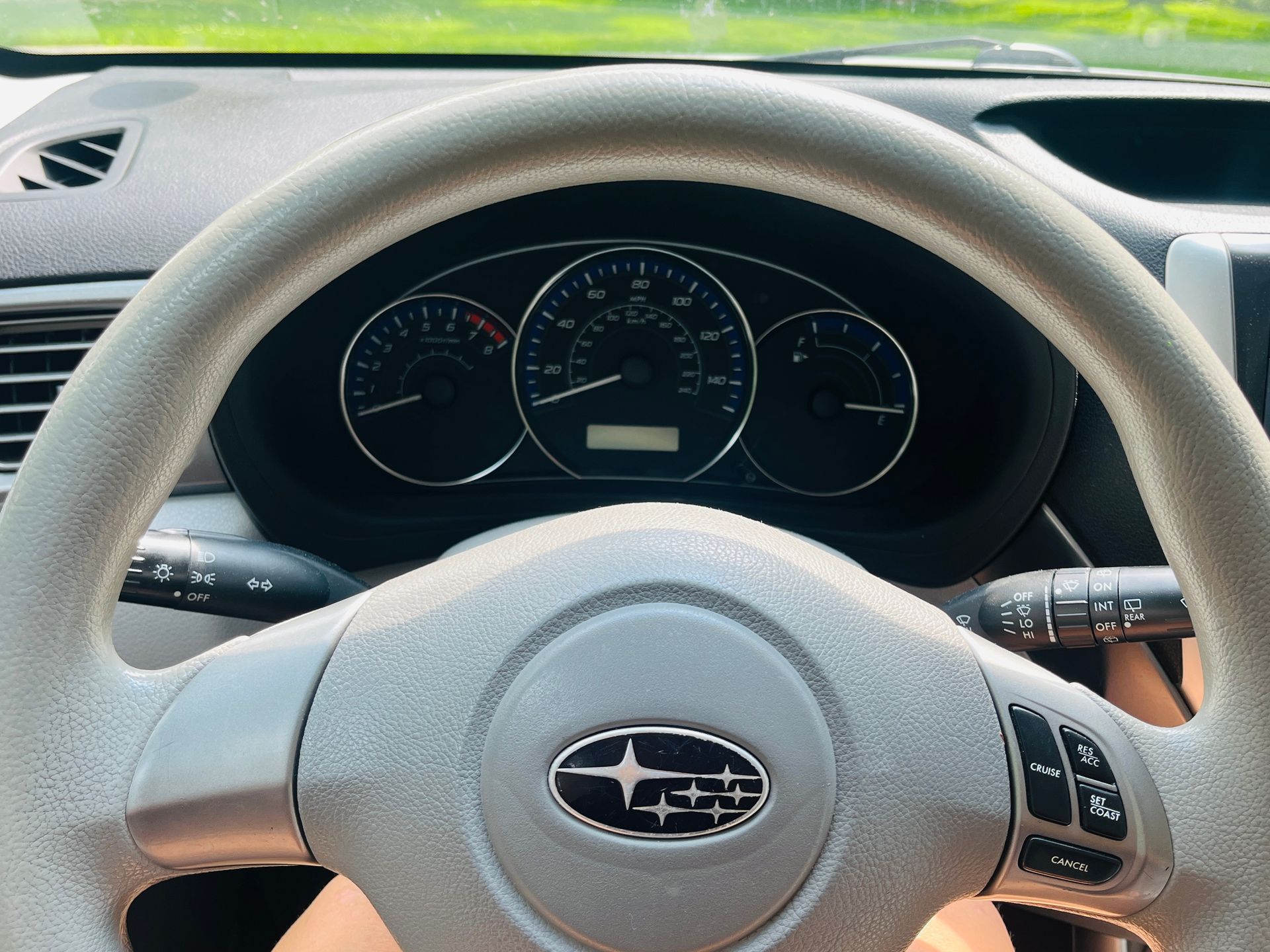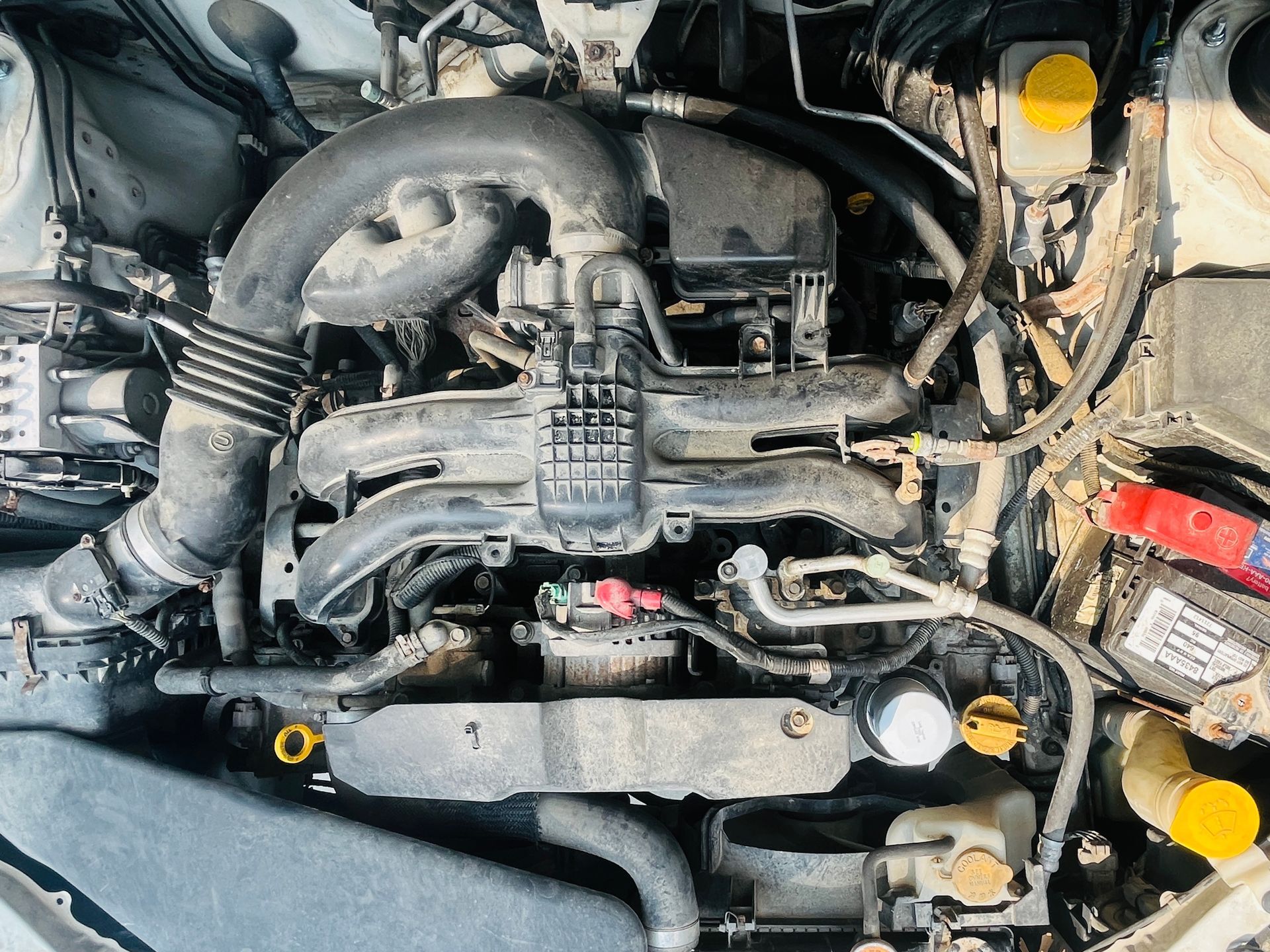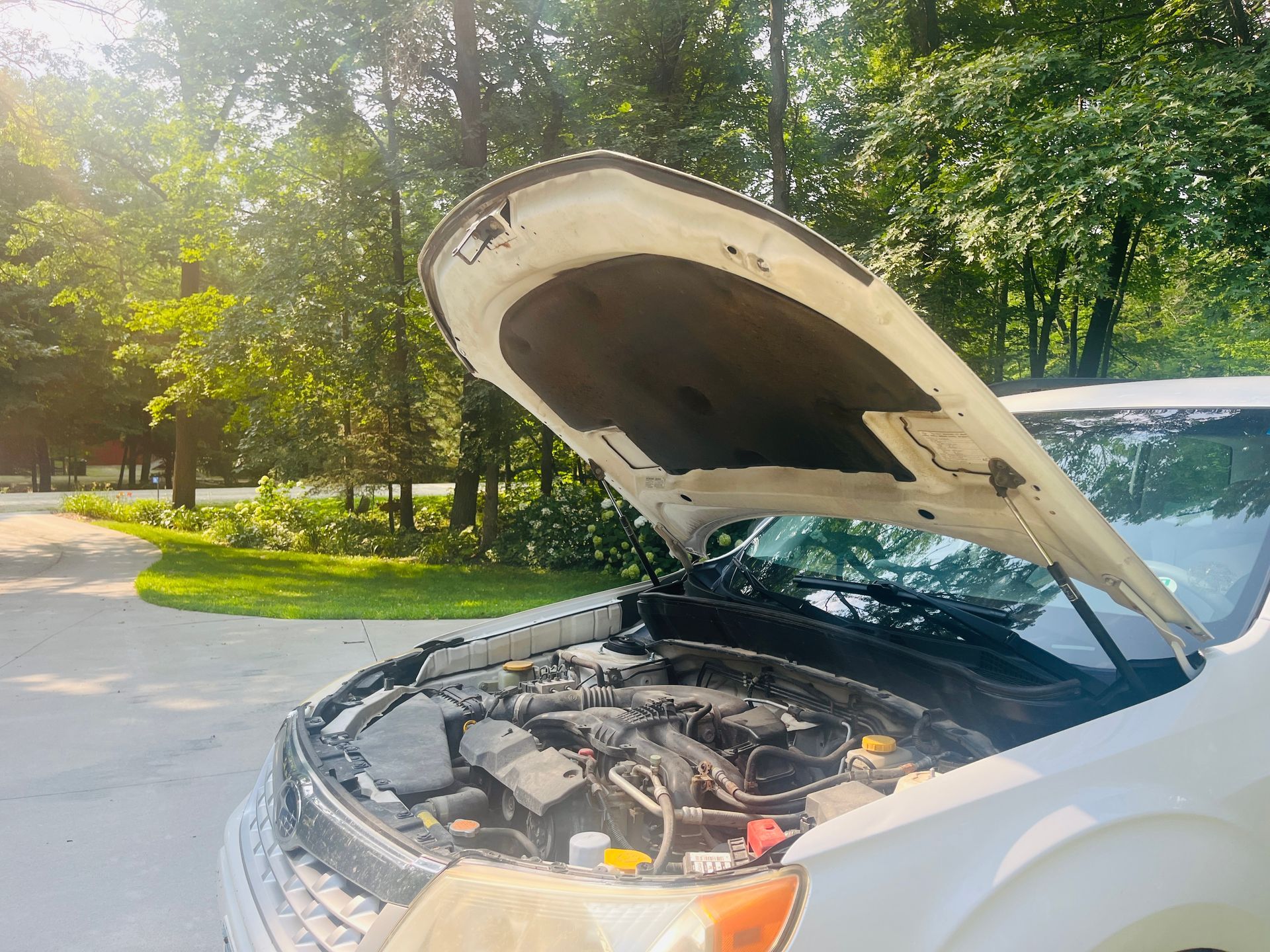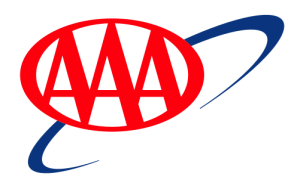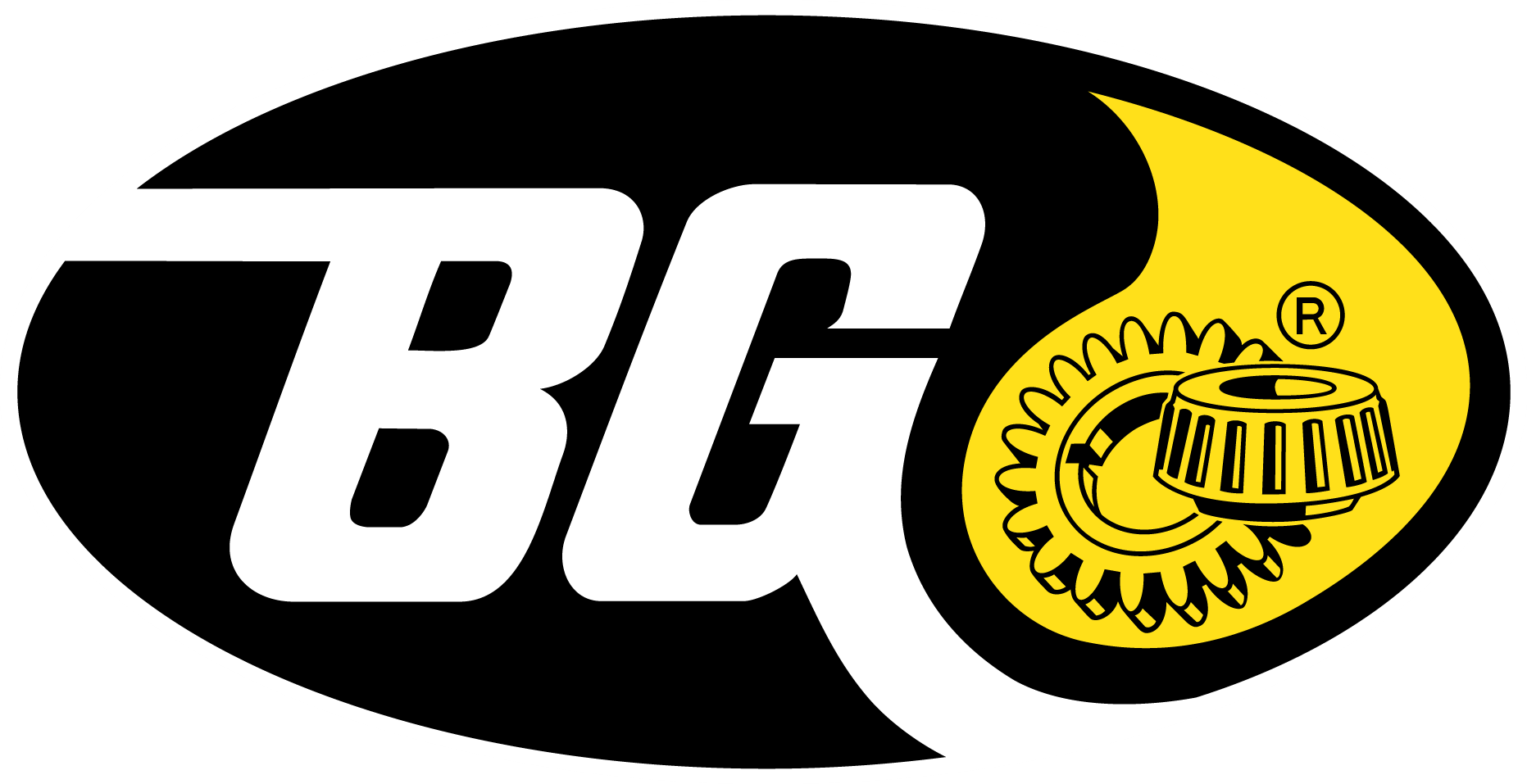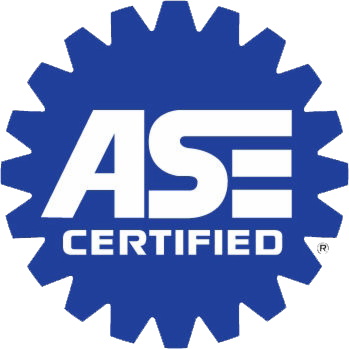AC Repair Rochester, MN
June 11, 2019
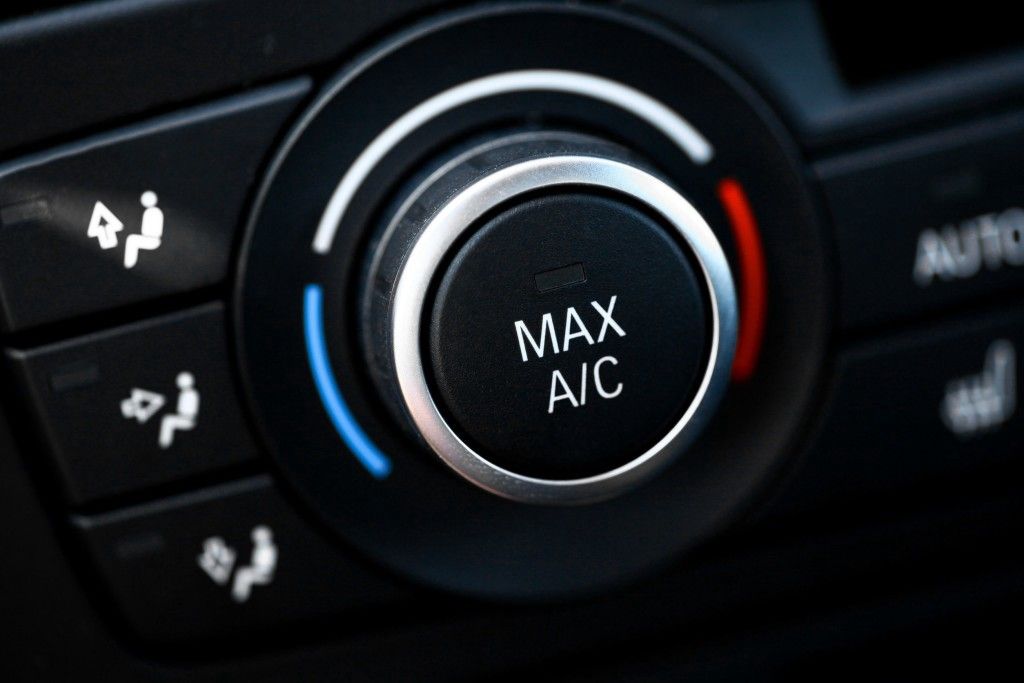
So Many Ways to Be Cool!
Have you ever had such great news that you were nearly bursting to tell people? Perhaps the announcement of a wedding or baby? College acceptance? Graduation? A major success?
On May 19th, my 44th birthday, I and others received news like this that is not only going to impact my life but the life of so many others—and I’m nearly bursting to share it with you!
Though I’m excited to spill the beans, I’m going to leave you hanging for a bit—allowing you to work on your patience, while I share some other news—not quite as exciting or earth shattering—but perhaps earth-saving!
Have you ever wondered how your vehicle’s air conditioning (AC) system works? Ever Google it? Let me save you some time—don’t do it! If you are anything like me, you’ll find sites that explain it and your eyes will start to cross with the complexity of it. So you’ll move to the next site with hopes of a simpler explanation. In the end, you’ll probably be as perplexed as I am and give up.
Now that I’ve tempted you, some of you will put down this paper and Google it to see if you can make heads or tails out of it. If you have a mechanical understanding, it might be of great interest and the encyclopedia-type reading might just be the highlight of your day. But if you are like most people, you don’t want to know how it works—you just want to know how to keep it working well so that you’ll stay cool!
For simplicity sake, I’m going to highlight the things you should know, help you understand key terms and even share how the newer systems have evolved to be better for the environment with earth-saving formulas.
What is refrigerant anyway?
Refrigerant is the liquid/gas component used in your vehicle’s AC system. It absorbs heat from the environment—providing air conditioning when combined with the other components of your vehicle’s system like the compressor and evaporator.
Back in the 1930’s R-12 refrigerant was used in vehicles. This and R-22 were used until the 1980’s when scientists discovered that the chlorine in these refrigerants was causing damage to the ozone layer as they vented or leaked into the atmosphere. The severity of its effects was so alarming that immediate change was needed.
Chlorine-free R-134a became the new refrigerant used. But like every new product, sometimes it takes a while to discover potential problems—which is what happened with R-134a. This time the issue is the chemical’s Global Warming Potential (GWP). GWP is a measurement of how much heat a greenhouse gas can trap in the atmosphere. GWP measurement of Carbon Dioxide is one. GWP measurement of R-134a is one thousand four hundred and thirty. Wowzers!
After this discovery, automotive companies along with the government began quickly seeking an alternative to R-134a. Here is where 1234yf enters the picture. It’s taken several years to “work out some of the bugs” of this new refrigerant but after many trials and errors, it was released as a better refrigerant alternative with a GWP measurement of less than one.
In 2014 auto-makers began installing new AC systems capable of using the new refrigerant 1234yf in some vehicles. With the success and known benefits of the new refrigerant/detrimental effects of the old, the US Environmental Protection Agency (EPA) is mandating that the R134a systems be completely discontinued in new vehicles by 2020.
Why should you have your AC serviced?
Unfortunately the 1234yf cannot be used in older systems designed for R-134a.
This poses a significant continued problem to the atmosphere—which is exacerbated further if a vehicle that has the older system is leaking. Also, because 1234yf is still fairly new, we may not be privy to possible future environmental problems. And because of one bug that hasn’t been fully worked out—its flammable properties, it may not even be around for long. Because of all of this, it’s even more important to keep your AC system as leak-free as possible and functioning well.
Keeping your system functioning well will also keep you cool and save you money on expensive repairs. You see, the refrigerant not only provides a cooling effect but it carries oil needed to lubricate the compressor. As the system gets low on refrigerant, the amount of oil is also reduced and the amount of heat they can carry is decreased. Therefore, their ability to properly remove heat and lubricate/protect your AC system is decreased—which increases the chances of failure.
When should you have your AC serviced?
Although your vehicle’s AC system is a “closed system” the fittings of the system, designed by the Society of Automotive Engineers (SAE), have an “acceptable leakage rate” of one-quarter ounce of refrigerant per fitting. This sounds minute but since the average vehicle has eight fittings, this means your vehicle is losing about two ounces of refrigerant per year. Again, this does not seem like a whole lot but today’s vehicles have as little as fifteen ounces altogether—so every year your vehicle is potentially losing around thirteen percent.
Furthermore, just like everything starts to go downhill and our bodies are less efficient as we age, so do the systems in your vehicle. Although there is no AC maintenance schedule, often times the rule of thumb is to have your vehicle’s AC system serviced every two years until it is ten years old and then potentially every year after that, depending on it’s health.
If you are the type of person that likes to wait for negative symptoms before seeking repair—like your vehicle blowing warm air instead of cool, remember that by that time, it could be damaging other components in your AC system and/or developed a leak(s)—costing your more money and harmful effects to our environment.
What is an AC recharge service?
Your AC system is very sensitive—requiring the exact amount of refrigerant. Because of this along with EPA regulations (forbidding releasing the refrigerant into the atmosphere), special machines are needed to perform this service to properly contain the refrigerant and add the right amount back in. Also, because the refrigerant systems vary from the R-134a to the 1234yf, different machines are needed to correctly carry out the precise steps required for each system.
The technician begins by inspecting the AC system for obvious leaks—and recommending repair if there are any. If there are no obvious leaks present they will attach the specialized recycling equipment that will evacuate the old refrigerant, remove impurities, and recharge the system by injecting the cleaned refrigerant and often times, dye (for smaller leak detection) back into the system. Based on your particular make/model vehicle, additional refrigerant will also be added to exact specifications. This is followed by a performance test as well as an electronic leak test. Some leaks are not detectable during the initial service—so you may need to return to the shop for further assessment if indicated.
Can do-it-yourselfers perform AC system services?
Some DIYers are under the assumption that adding refrigerant will solve AC problems. And although DIY kits are available, this is not a good idea. Remember, I said your AC system requires the exact amount of refrigerant? Just as an under-charged system can cause damage, so can an over-charged system. Actually, it has the potential to cause even more damage.
There is no way to tell how much refrigerant you add to the system from the DIY kits (they only measure the pressure on the low side – which will rise slower than the high side). In an over-charged system the pressure builds rapidly—this extra pressure can result in compressor damage, leaks (especially in an older system) and even condenser or evaporator core failures—and possibly personal injury.
What’s the cost in time and money?
In hopes that SE Minnesota temps will finally warm up and stay warm, AC season is approaching. As a shop interested in being forthcoming and transparent with customers and making sure they understand the new 1234yf service, the AC subject was broached recently in our management meeting. You see, there is much confusion by many consumers in what type of service each shop performs. Some may seem more expensive because they offer more value compared to other shops.
Let me explain and provide you with caution in going forth with any automotive repair. If a service seems more expensive, knowing that everyone has to stay competitive, you should find out why—likely there is good reason. Ask questions. Are you comparing apples to apples? Are they using the right, quality equipment for the job, including the new 1234yf machine? Are they using quality parts and products? Are they going the extra mile by adding the dye for small leak detection?
Some shops offer specials and discounts but don’t include every step other shops consider standard as a full service. They want to get you in the door with their special pricing—and then inform you that extra steps are needed with extra costs. In order to understand exactly what you are getting with coupons or specials, I would encourage you to ask many questions about your preferred shop based on the content you’ve just read.
All AC services are not created the same, nor will the cost or amount of time needed be the same. The newer 1234yf machines take over an hour and a half just to perform all of the proper steps needed! This doesn’t take into consideration possible repairs to the system, added refrigerant needed (based on loss of your vehicle’s system), or returning for further leak detection in a situation where there was an inordinate amount of refrigerant loss.
Let me relate this to the medical field. You and I are very different. If we both went into the hospital for the same problem, the cost to heal us may be different. We may have different pain levels (requiring a different amount of medication), the problem may be easy to find with one of us but more difficult for the other (requiring more testing, time and money)—I could go on and on, but you get my point. The automotive world is likened to the medical industry often—the patients are just machines rather than people. Cost and time are rarely the same for different people or different vehicles. But the good news is, we live in a great city—with the best healthcare and some of the best automotive shops in the nation.
What’s more? We are about to have the best of something else in our community! Yes, I am back to the big news I mentioned earlier. A little backstory first:
For many reasons, my family and I began attending a new church in Rochester a year ago. We meet with a group of incredible people at the Civic Center each week and we stream in Eagle Brook Church (EBC) from the Twin Cities. The time of worship along with the truth, goodness and relevant messages that are spoken have changed my life in ways I never could have fathomed.
EBC has eight campuses in the cities as well as thousands of online listeners. If my facts are correct, it’s the eighth largest church in the country. Their mission—not to be the biggest but to reach as many people as possible for Christ. Because of the positive impact it has had on my life, I share the messages with many people I know and love—and several have begun attending either in person or online. It’s that good! But more than that, you can see the bigness of what God is doing—impacting so many lives.
And the big news? EBC announced on my birthday (maybe as an extra special gift to me that I get to share with you!) that they are officially adding their ninth campus—in Rochester! Perhaps this is not as earth-shattering for you as it was for the group of us in attendance at the Civic Center when the news came through the screen. But I promise you, if you attend once, just once, your life will not be the same. It’s that good.
As luck would have it, this article is being published just prior to a Vision Day and Picnic for EB here in Rochester. For more info you can go to their website or ours @ https://www.babcockautocare.com/eaglebrook
Heading into summer, I encourage you to “be cool”—have your AC system serviced to “stay cool” when driving, do your part to keep our environment “cool” with timely service, “keep your cool” when you’re asking AC questions of your mechanic and come check out the “coolest” church you’ll ever attend! Welcome to Rochester EBC!

